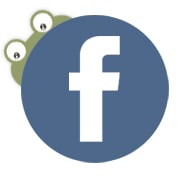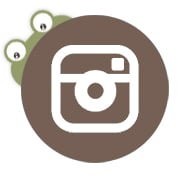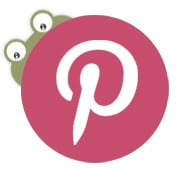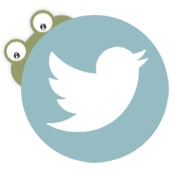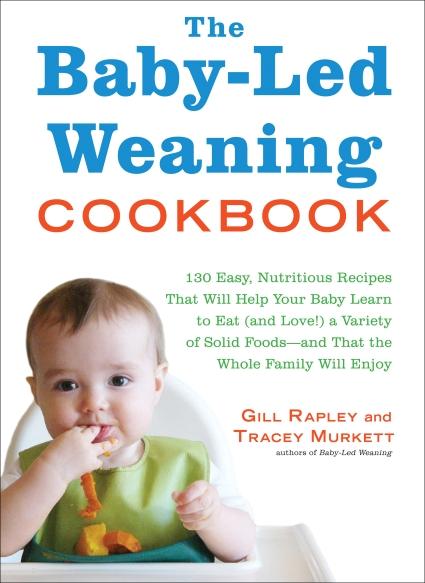With social media becoming a part of every day life for business and personal use, we are delighted to share a guest post from Jodie Cole of JC Social Media with guidelines for parents. As parents ourselves, it makes for interesting reading!
Social Media for Parents – FAQs
A recent study by Minor Monitor found that 74% of parents are concerned about the safety of their children on social networking sites such as Facebook. I have put together some FAQs for parents who may feel unsure about how they should handle their little innocent bundle of joy wanting to step into the big bad world of social media.

Should I let my child have Facebook?
This depends on many factors, such as how much you trust them, how old they are, how much they are nagging you and how much control you wish to keep. In my opinion the greatest influencing factor would be how ‘streetwise’ and mature they are. Through having a Facebook account and Facebook friends they will more than likely come across pictures and comments that you may rather they not see. For example, 75% of photos on Facebook are of drunk people. If your child is exposed to this on a regular basis then it may become normality to them, and thus become an expectation of their later-teen years. President Obama, whose daughters are 10 and 13, doesn’t let them have Facebook. It will differ between families, but it is important that you sit down with your child and explain the reasons behind your final decision.
Should I be ‘friends’ with my child on Facebook?
Even if you are friends with your child on Facebook, the extensive privacy settings mean that you may not get the full picture. It is possible to alter Facebook settings so that certain friends can’t see certain pictures, for example. If you have trust in your child and would like to casually check-up on them then I’d say be their friend on Facebook. You also need to appreciate that you are likely to come across pictures and conversations involving little Jonny that you weren’t expecting to see – maybe that he’s more grown up than you realised, or perhaps, not quite as innocent. All you can do is be prepared for this moment and decide how to handle it. Reprimanding you son or daughter based on material on their Facebook is likely to feel like a major intrusion of privacy and over protection, so tread carefully.
How old does my child have to be before they can have a Facebook profile?
The minimum age someone must be to have a Facebook profile page is 13. However, Facebook does not require any proof of age before the profile is created, so this minimum age doesn’t act as much of a barrier. Research shows that as many as 38% of the children on Facebook are younger than this.
I want to have control over my child using Facebook. What should I do?
A lady I know (let’s call her Lucy) has a thirteen-year old daughter, who wanted a Facebook profile of her own. Lucy agreed, on the condition that Lucy kept hold of the password, without her daughter knowing it. Lucy’s daughter was allowed to use Facebook but only whilst supervised, and only for a limited amount of time before Lucy logged her out of the site. According to Minor Monitor over 50% of parents regularly log onto their child’s profile to check up on their activity, with or without their permission.
Important tips
Passwords: If you are letting your child keep charge of their own password, make sure that they know the importance of keeping it safe. They should not share it with anyone, not even their best friends.
Privacy settings: Make sure they understand how to check and change their privacy settings so that only their Facebook friends can see their updates and photographs. Facebook have a habit of changing the default privacy settings and this means you can be revealing more information than you previously agreed to. Make sure your child checks their settings periodically to make sure they’re still safe.
Online information: Make your child aware that anything they write on their friends’ Facebook walls can be seen by their other friends, and some features in Facebook (like which bands and fan pages you ‘like’, and your cover photo) are never private, so be sure not to over-share. Make sure your child understands that they are creating an online profile of themselves that will stay with them forever. You may have heard that more and more employers are performing full social media checks on people before they hire them, so although it may seem a long way off you may want to warn your child of this.
Being ‘friends’: Make sure your child understands that becoming someone’s friend on Facebook should be kept exclusively for friends and family members that you know very well. Make sure that they never accept a friend request from a stranger.
.
Written by Jodie Cole of JC Social Media – A social media agency that specialises in creating and running engaging online profiles for companies within the health and fitness industries.

